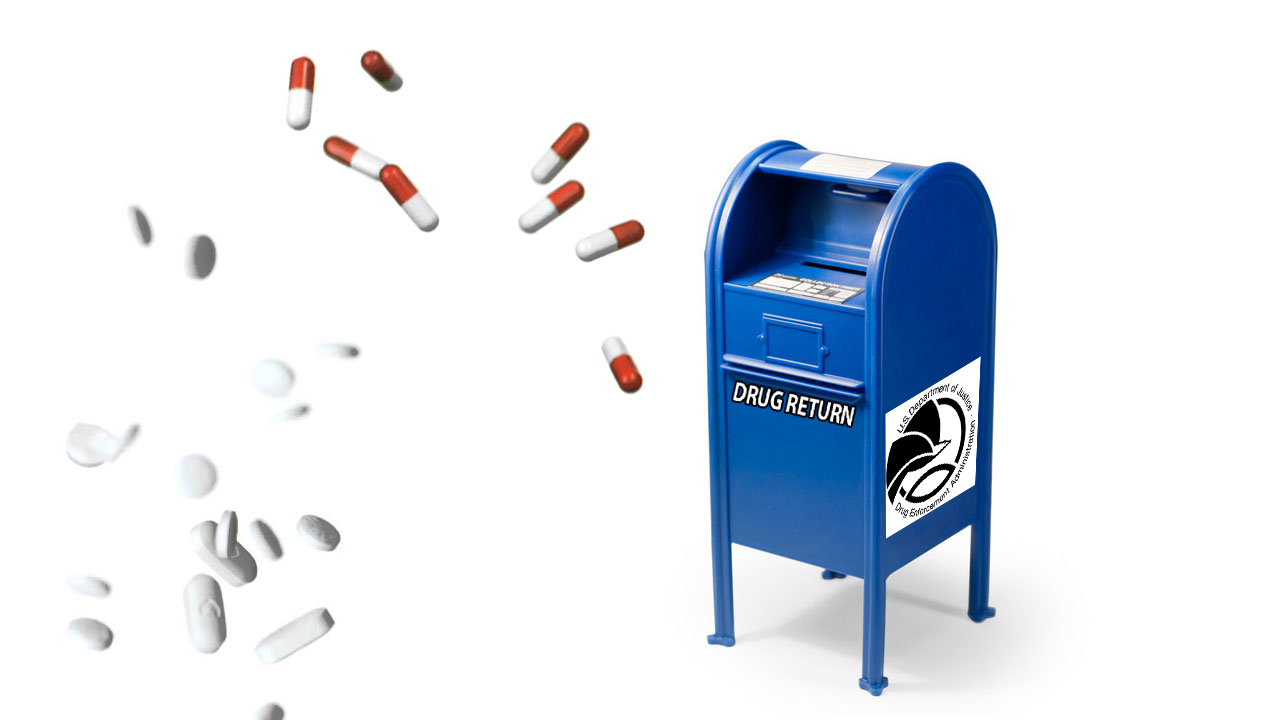To tackle the epidemic of prescription drug abuse, the Drug Enforcement Administration (DEA) announced Monday that it will allow consumers to return prescription drugs — like opioid painkillers — to the pharmacy for disposal.
Prior to this, the only legal options you had at home were flushing them or mixing them with cat litter or coffee grounds. The EPA doesn’t appreciate the idea of powerful prescription drugs filtering their way into our environment and our food and neither should you. And unless you have a cat, who has cat litter sitting around?
The new voluntary regulations allows hospitals, pharmacies, clinics, narcotic treatment programs, and private companies called “reverse distributors” to set up prescription take-back programs.
This is a long-needed change to regulations. Prescription drug deaths now exceed heroin and cocaine deaths combined. But, frankly speaking, they don’t go far enough.
The private companies and local authorities, especially in hard economic times, will be unwilling to spend money on this voluntary program. These are communities that can no longer afford streetlights. Somewhere in the billion dollar DEA budget, the agency needs to set aside money for local collection box grants, or creating a network of federally-run collection boxes. These boxes themselves become targets for addicts, so they need to be carefully watched and monitored — a big expense.
We’re lazy and complacent creatures. Like the opioid overdose antidote autoinjector that talks to you, the barriers have to be as low as possible in order to affect the cultural change that we desperately need. Every time a scheduled substance is prescribed, the envelope for pill return should be included with it, also paid for by the DEA.



